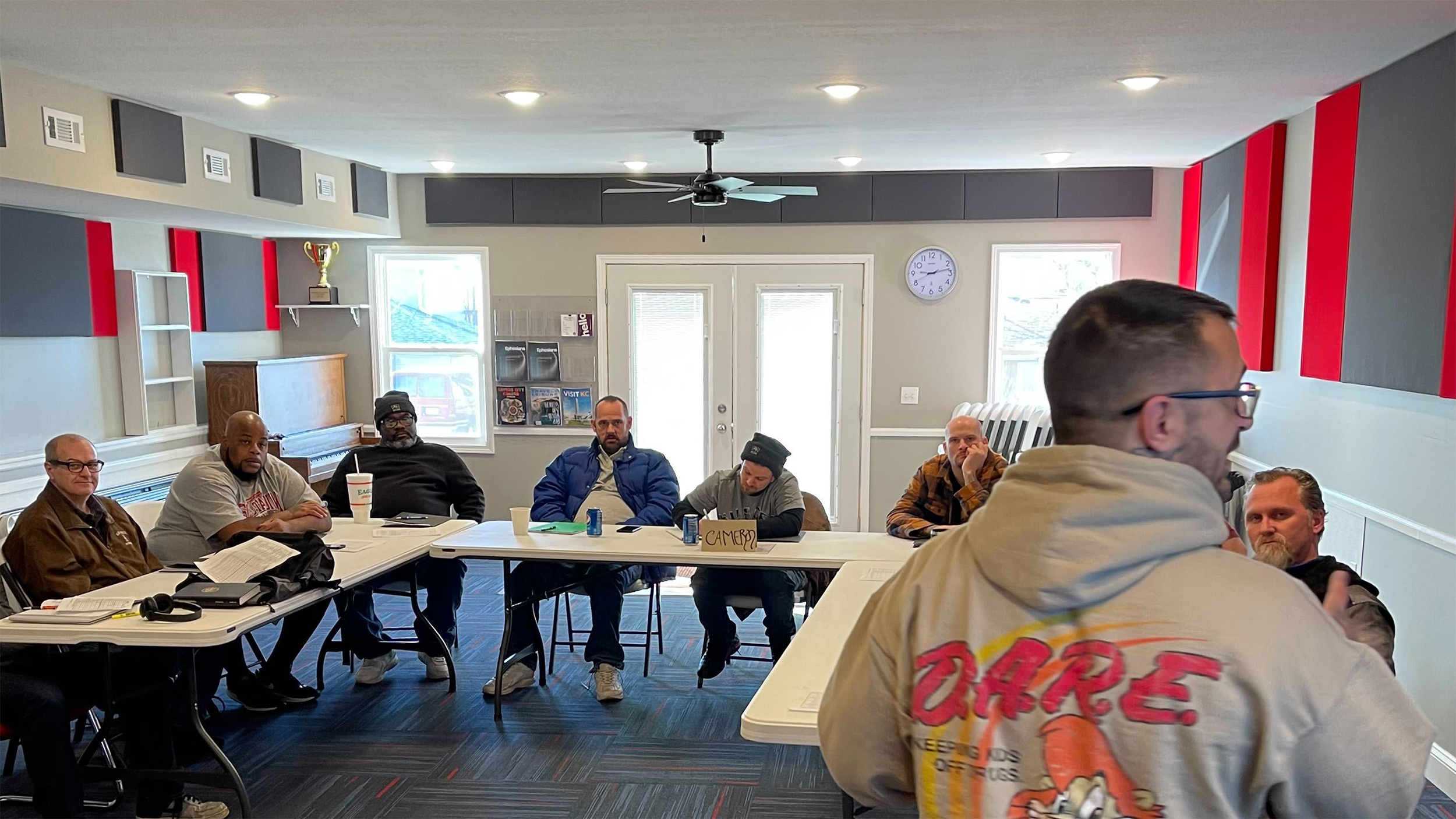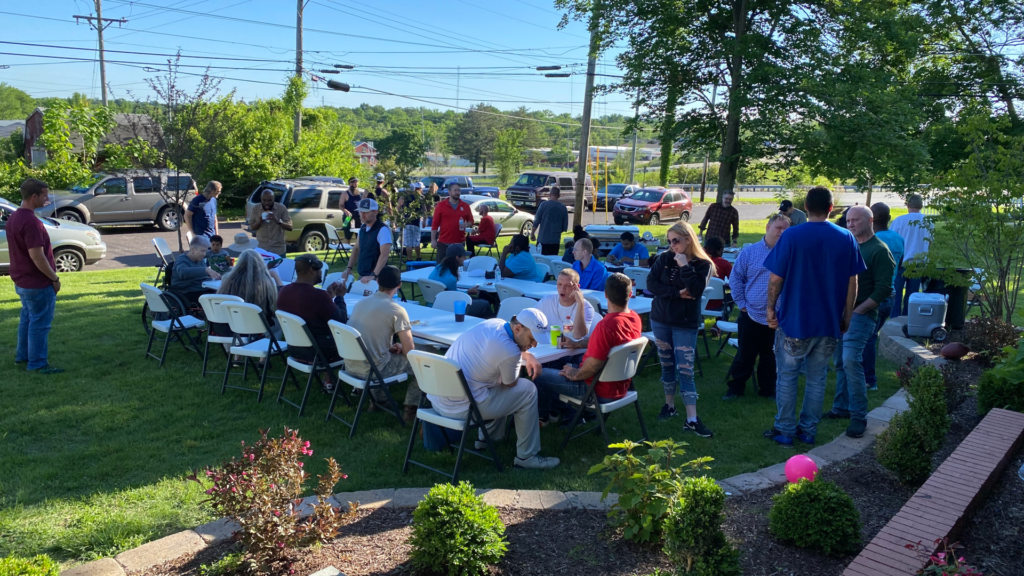
Classes at in2Action
Skill Drills
During Phase 1 of the in2Action program, residents are required to attend classes which we call “Skill Drills.”
Skill Drills are held daily on Monday through Friday and are 90 minutes each. These life skill classes are facilitated by a host of individuals who have expertise in the designated area of focus for that class. Skill Drills are interactive by design and focus on a range of topics listed below.
Topics Covered
Orientation
Relapse Prevention
If I had not started drinking or using drugs would I have gotten in trouble in the first place? What are the symptoms and triggers of my substance use disorder? Is this the life I was destined to live or is there hope for something better? Learning how to overcome the compulsion to “use” is essential to the in2Action program dynamic.
Money Management
Decision Making
Recovery Capital
Life in Recovery
Bible Truths
Relationships, Romance, and Ruin
God-Centered Relationships
Emotional Health
The Gospel-Centered Life
What is the Gospel? Is it believable? Is it meant for me? Does God really love me? How do I live my life in a way that reflects the Gospel and pleases God? What does this life even look like? Is it even possible? Gaining an eternal perspective through a relationship with God is for what we are designed.

Social Model of Recovery
These are some of the many questions tackled at in2Action. Our program adheres to the social model of recovery, which is based on building healthy and meaningful relationships, learning to be transparent, encouraging each other, holding each other accountable, living life through shared experiences. Skill Drills stress the importance of these relationships.
